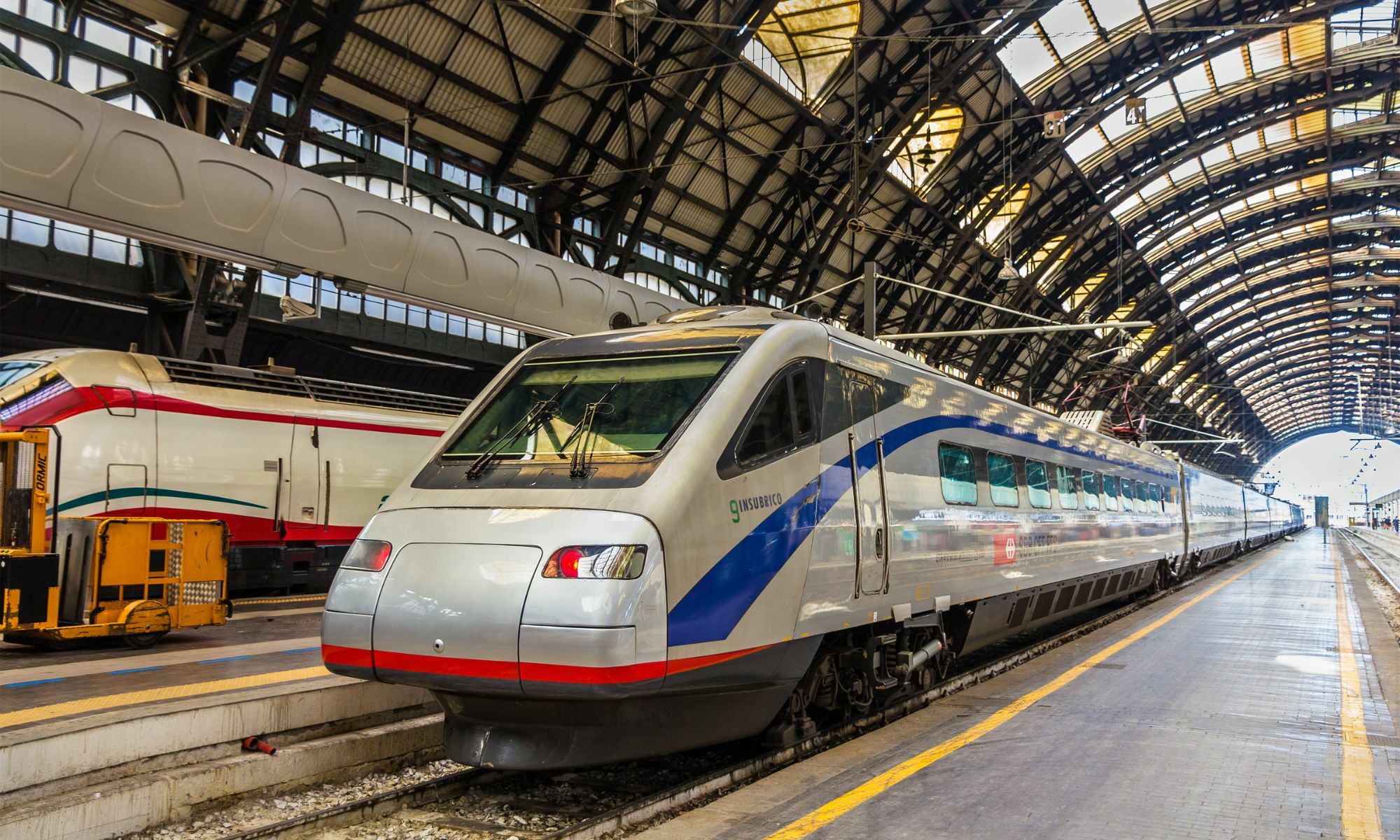Thai-Chinese high-speed rail project phase two set for year-end approval

Deputy government spokesperson Rachada Dhnadirek announced that the second phase of the Thai-Chinese high-speed train project is anticipated to receive Cabinet approval by the close of the year. Meanwhile, operations on the first phase of the project are slated to kick off by 2026.
Rachada yesterday briefed the public on the state of the high-speed rail venture following the 30th meeting of the joint committee on Thai-Chinese rail cooperation, held by the caretaker government.
She revealed that Thailand and China have agreed to advance with the second phase of the project, which connects Nakhon Ratchasima and Nong Khai. Further discussions are set to follow the tripartite meeting concerning rail network development between Thailand, China, and Laos.
The second phase, a 356-kilometre line estimated at an expense of 300 billion baht, consists of a 185-kilometre ground track and a 171-kilometre elevated track, with stations at Bua Yai, Ban Phai, Khon Kaen, Udon Thani, and Nong Khai.
Construction is projected to commence in 2024 with a total of 13 contracts set to be awarded, 12 regarding construction and one involving the railroad signalling system. The project is predicted to be operational by 2028.
Facilities planned include a light maintenance centre in Nong Khai’s Natha district and a key maintenance centre in Ayutthaya’s Chiang Rak Noi. The State Railway of Thailand (SRT) is currently conducting an environmental impact assessment (EIA).
Rachada also disclosed the establishment of a coordination panel for the network between Thailand, Laos, and China, as the Thai section in Nong Khai will connect to Vientiane in Laos, and Kunming in China’s southern Yunnan province.
The committee will examine traffic management on the rail bridge across the Mekong River while awaiting the construction of a new bridge and will also test the strength of the existing bridge.
A new bridge, positioned 30 metres from the current one, will be a collaborative project between the Thai and Lao governments. A feasibility study is underway and an initial report is expected to be submitted to Laos this month.
Rachada also mentioned that the Cabinet had acknowledged the progress of the first phase of the Thai-Chinese high-speed train project on Wednesday, which is expected to start in 2026. An institute dedicated to rail system research and development is in the pipeline.
The Transport Ministry is also proposing the establishment of an agency to oversee the high-speed train system, reports Bangkok Post.
Latest Thailand News
Follow The Thaiger on Google News:


























